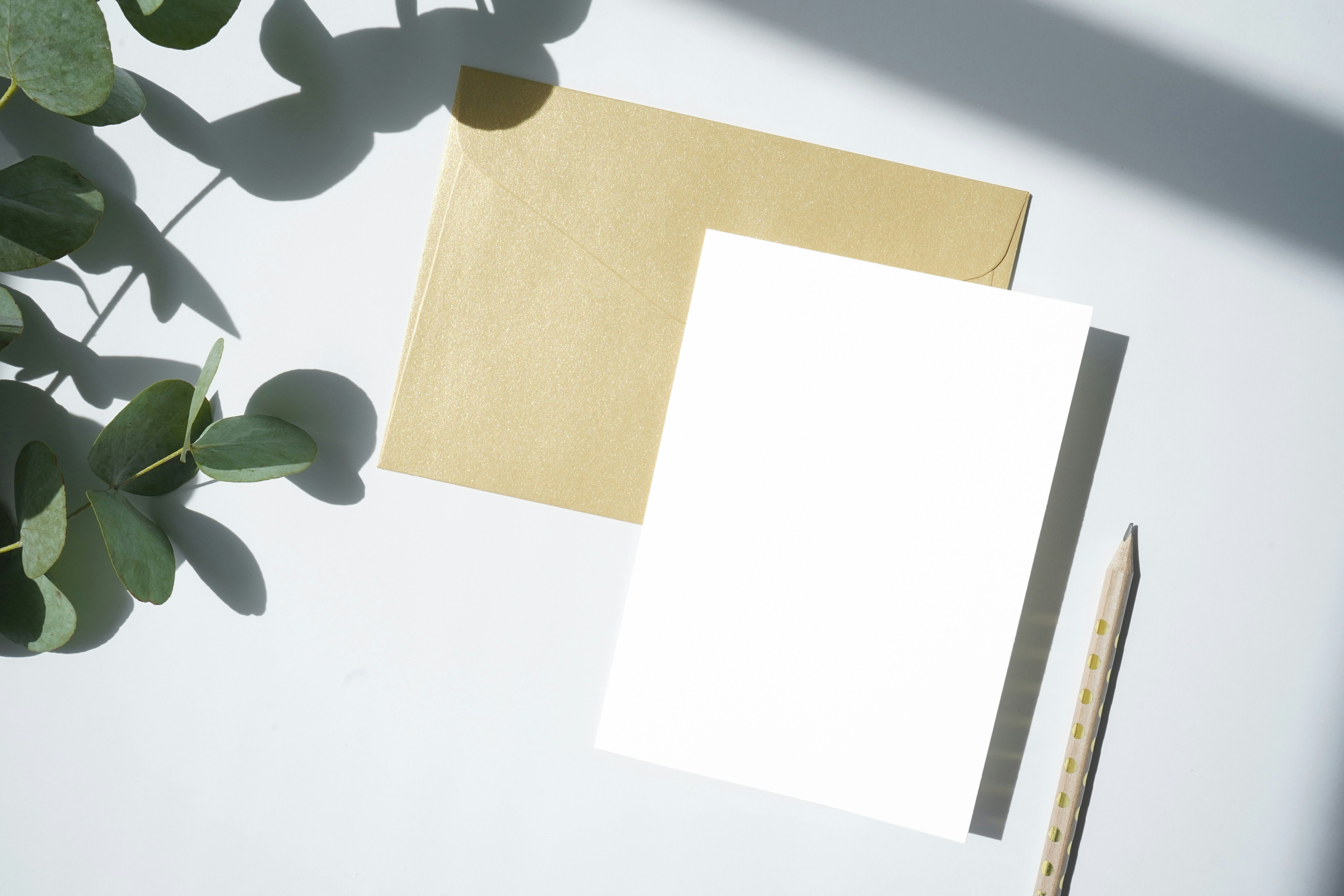Querying literary agents can be pretty daunting, especially when you hear horror stories of how many agents people reach out to. I’ve compiled some of the best agent query letter tips to help aspiring authors impress literary agents from the get-go.
There are plenty of resources out there to help you when querying, and starting with a strong query letter is essential. This is your first chance to impress and intrigue a literary agent, so it needs to be as strong as possible.

What are query letters?
If you’re not familiar with agent query letters, they’re also known as agent cover letters, query cover letters, and just cover letters. Like with a job application, query letters introduce you to the receiver and why you’d be a good fit.
However, what you’re really focusing on is why your manuscript is a good fit for the literary agent reading the letter.
Literary agents want to know about the novel you’ve written; about you, the author; and why you think they’d be interested.
8 agent query letter tips
Don’t write more than a page
A query letter shouldn’t be any longer than one A4 page, or less than 500 words. You want to grab the literary agent’s attention as soon as possible. If your query letter is too long, you could risk adding in too much redundant information. Literary agents deal with hundreds of submissions every year, so staying brief and to the point will save their time and yours.
Personalise each letter to the agent
You’re going to write to numerous agents, so it might be tempting to use a standard letter for all of them. Don’t. Personalise the introduction of your letter to the agent you’re submitting to. For dream agents, you might even want to personalise the entire query letter by focusing on what they’re looking for.
Look at what information is available to you about every agent, and make a list of points that fit you and your manuscript. Then tell them why they are the perfect fit your manuscript.
Phrases like “As you’re currently searching for…”, “I think you’d be interested in my manuscript because it contains…”, and “I saw your call for more books with…” show that you’ve researched the agent and chosen them specifically because they’d be a good fit.
Follow their instructions
Make sure to follow any instructions the agent has about querying. Do they want your query letter to be emailed to them directly, or do they want query letters to be in the same document as the rest of your submission?
Mention comparisons to books the agent represents or enjoys
Comparisons, or ‘comps’, are a great way of telling a literary agent what your book involves. Find books that contain similar elements, from plotlines and concepts to specific tropes or character journeys.
Ideally, you want to pick books that your agent is familiar with, so anything published by big publishers or that have won prestigious awards. If you have read anything the agent represents, try to find a similarity to your book too.
Some agents will include their favourite books or books they’d love to see more of in their description or wish list.
If you struggle to find book comps, you can include comps to movies and TV shows, but always check if they’re based on a book.
Don’t over-describe your book
Your query letter should cover the essentials of your book: title, word count, genre, and a story hook. Sometimes you can even get away with not including your word count, but knowing if the book is too long or short for its genre will help an agent decide if it’s for them.
The story hook doesn’t need to be too long, because you’ll go into more detail in the synopsis you send with it. Instead, describe your book in one or two sentences. Focus on the story’s journey and how your character(s) change throughout it. Then leave the rest for your synopsis.
Consider it a pitch: you’re telling the literary agent why they should be interested in reading it, but you don’t need to go into detail.
Focus on what makes your story unique or what will appeal to readers
If you use beta readers, you’ll have a head start in knowing what appeals to readers, and an agent might be interested to know what it is about your book that readers love.
Describing what makes your story unique, or what about your story appeals to readers, helps demonstrate how your book can be marketed. An agent needs to know how they can market your book to publishers.
Don’t forget to talk about yourself
Most authors are introverts, and talking about yourself can be daunting. While your query letter focuses most on why an agent will be interested in your story, you also want to show your marketability.
Some common things to say about yourself include:
- If you’ve been published in any literary magazines or anthologies
- If you’ve won any literary prizes
- If you’ve been published before – include who by
- If you have any professional writing credits or experience
- If you’ve self-published – include how successful it was, like how many people bought it in the first year
- If you have a large following on social media – this is your potential readership
Thank them for their time
Signing off a query letter with gratitude will always be appreciated. Agents will notice when it’s missing!
More agent query letter resources
Here are some of the best agent query letter resources I’ve found online:
- Query letter and synopsis worksheet from Jericho Writers
- How to write a query letter from Reedsy
- How to write a query letter: 10 Dos and Don’ts from Writer’s Digest
- How to perfect your submission: the agent query process explained from Scott Pack
I’ve also written some templates and samples for different genre writers: